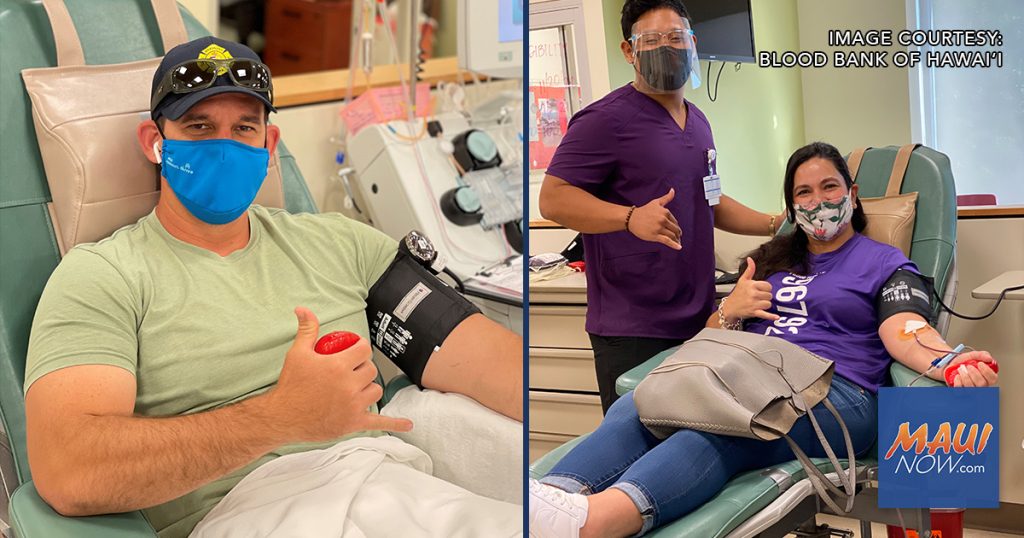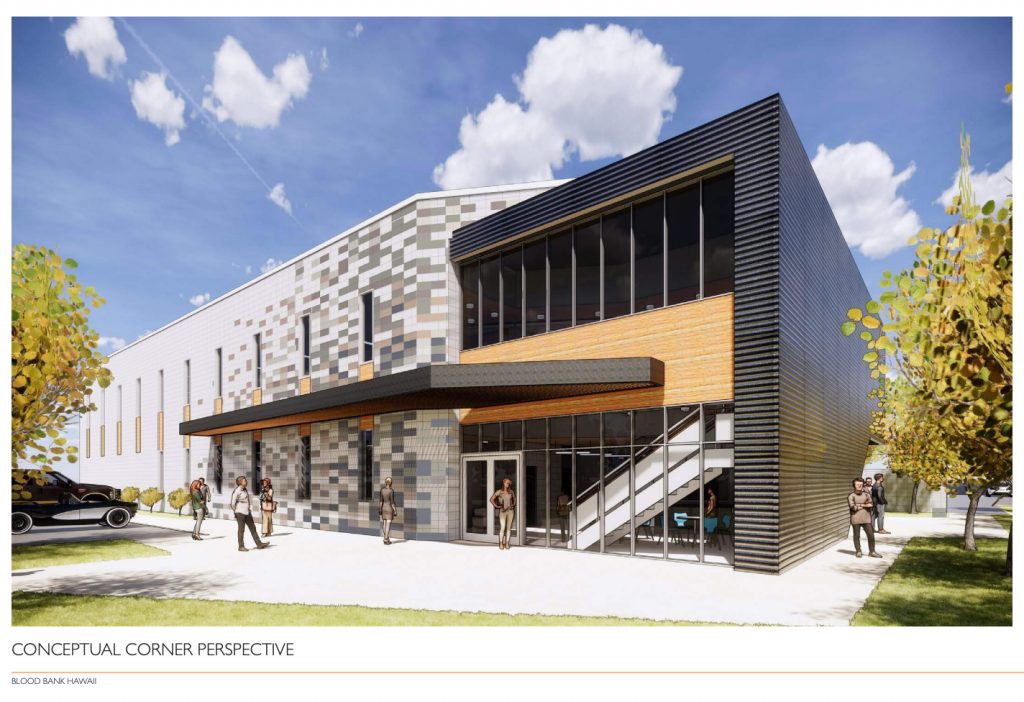$2M in federal funding secured to build a new home for the Blood Bank of Hawai‘i

A total of $2 million in federal funding was secured to build a new home for the Blood Bank of Hawai‘i.
The funding is included in H.R. 2471, the Consolidated Appropriations Act, 2022 signed into law by the President on Tuesday.
US Rep. Ed Case (HI-01), a member of the US House Committee on Appropriations which is responsible for all federal discretionary spending, made the announcement.
“As we emerge from the COVID-19 pandemic, the federal funding measure for this fiscal year will bolster our public health infrastructure and capacity and provide for long-term strategy and investment, beginning with the Centers for Disease Control and Prevention down to states and local public health departments, to further public health for all Americans and address health inequities,” said Case.
“As the US faces our worst blood shortage in over a decade, I am especially pleased that my Committee approved my Community Project Funding to support a new home for the Blood Bank of Hawai‘i. Due in part to its geographic isolation, Hawai‘i particularly depends on the generosity of people to donate the gift of life-saving blood, and we have turned to the Blood Bank time and again to ensure a safe and reliable blood supply for all of Hawai‘i. This funding could not have come at a more critical time.”
“We are grateful to Congressman Case for his early and strong support of our project,” said Kim-Anh Nguyen, President and Chief Executive Officer of the Blood Bank of Hawai‘i. “The $2 million federal assistance is an investment toward our efforts to ensure that lifesaving blood and blood products are readily available. These funds will make a difference in the lives of thousands of patients each year who rely on the Blood Bank of Hawai‘i.”
The Blood Bank’s headquarters on Dillingham Boulevard is being displaced by the HART rail project. The new 18,000 square foot headquarters to be located at Kapolei will provide state-of-the-art facilities and operations for the community institution founded in 1941.
This year the US House incorporated CPF requests by individual Members of Congress for specific projects and purposes in their district into its annual appropriations process. CPF requests may only be directed to governments or nonprofits, not for-profit businesses, or individuals.
Case made ten CPF requests, all of which were funded.






_1768613517521.webp)

